Dhaka, June 21 (V7N) – The Government of Bangladesh has set an ambitious revenue target for state-owned enterprises (SOEs) in the upcoming fiscal year 2025–26, aiming to earn approximately Tk 36,000 crore more than in the current fiscal year. This move is part of a broader strategy to strengthen the financial performance of SOEs and reinforce their role in national development.
According to a summary of the 2025–26 budget for 91 non-financial SOEs, released by the Finance Division of the Ministry of Finance, the projected total income from these entities is Tk 5,54,760 crore. This marks a notable increase from the original income target of Tk 5,18,522 crore set for the current fiscal year, which was later revised down to Tk 5,10,331 crore. This means the government aims to generate around Tk 36,000 crore more revenue in the upcoming fiscal year compared to the original budget of 2024–25.
Increase in Revenue and Expenditure
The projected increase in revenue is accompanied by a rise in expenditure. In FY 2025–26, SOEs are expected to spend a total of Tk 4,86,235 crore. This compares with an expenditure target of Tk 4,71,673 crore in the original budget of FY 2024–25, which was revised to Tk 4,44,235 crore.
With revenue exceeding expenditure, the government anticipates a surplus of Tk 68,524 crore from SOE operations in FY 2025–26.
Sharp Rise in Investment
The investment target for SOEs is also being significantly increased. For FY 2025–26, the government plans to invest Tk 58,143 crore through SOEs—an almost twofold increase from the revised investment figure of Tk 33,494 crore for the current fiscal year. This reflects a strategic push to use SOEs as vehicles for accelerating infrastructure and economic development.
Higher Tax Contribution
In FY 2025–26, SOEs are projected to contribute Tk 44,784 crore in taxes to the government treasury, compared to Tk 41,362 crore in the revised budget for FY 2024–25.
The total contribution from SOEs to the public exchequer—including taxes, surplus funds, and dividends—is expected to reach Tk 49,919 crore in the upcoming fiscal year. This includes Tk 3,887 crore from surplus funds and Tk 1,247 crore in dividends. In contrast, the revised estimate for FY 2024–25 was Tk 46,321 crore.
Strategic Role in Economic Development
The budget report underscores the critical role played by non-financial SOEs in Bangladesh’s economy. These entities operate in diverse sectors including industry, power, energy, agriculture, and transport, helping the government deliver essential services and improve living standards.
SOEs contribute to national development plans, support infrastructure expansion, and help maintain strategic control over key sectors. They also create large-scale employment and reduce regional disparities.
Governance Reform and Digital Oversight
While some SOEs continue to incur losses, the government is pursuing reforms to enhance efficiency, reduce waste, and increase financial transparency. A major initiative is the inclusion of 72 SOEs in the SABRE+ online monitoring database for the first time, allowing closer scrutiny of expenditure and operations. Previously, most SOEs managed their finances with minimal oversight.
The budget was compiled based on financial data from 91 non-financial SOEs—72 under the SABRE+ digital platform and 19 operating offline. The Finance Division intends to continue publishing annual SOE budgets as part of a long-term transparency and accountability framework.
Conclusion
With the FY 2025–26 budget, Bangladesh is positioning its state-owned enterprises as not just service providers, but as integral drivers of economic growth and fiscal resilience. Through enhanced investment, improved governance, and strategic revenue planning, the government is aiming to transform SOEs into sustainable, efficient institutions that contribute meaningfully to national progress.
END/SMA/RH/



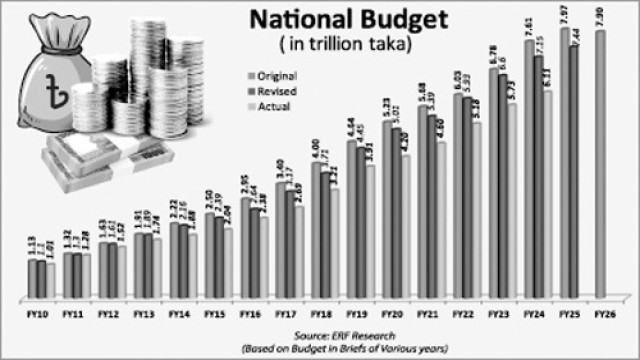
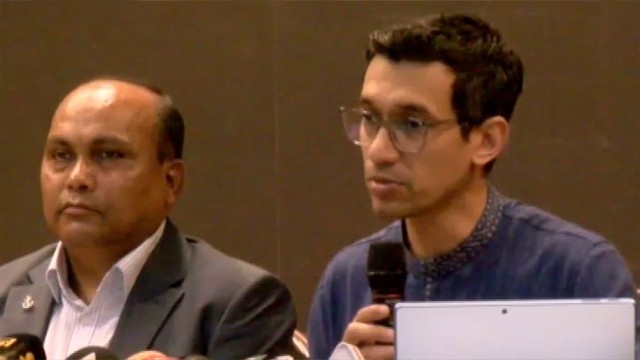
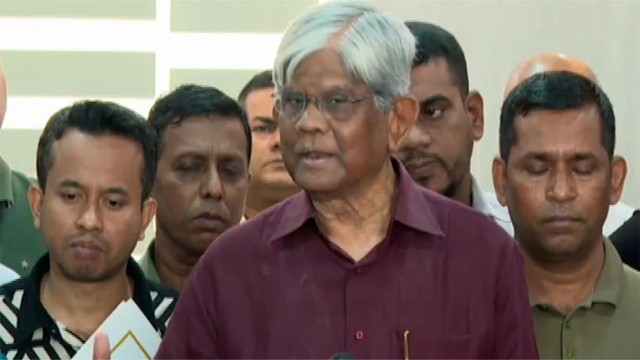
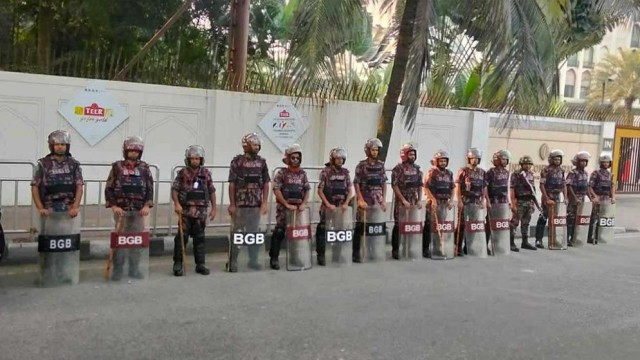
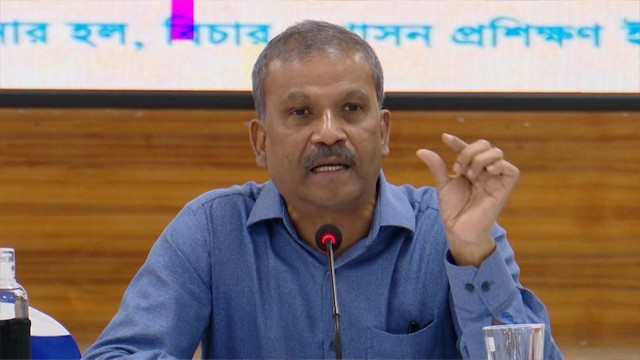
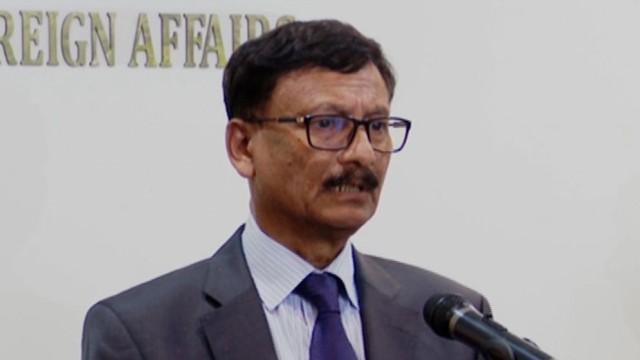
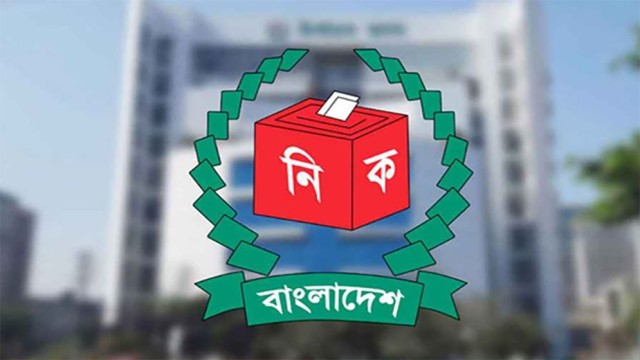
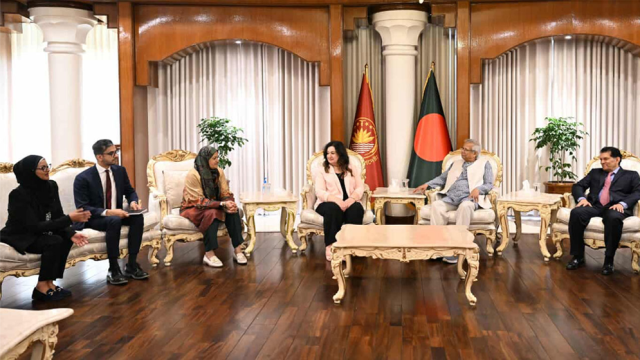

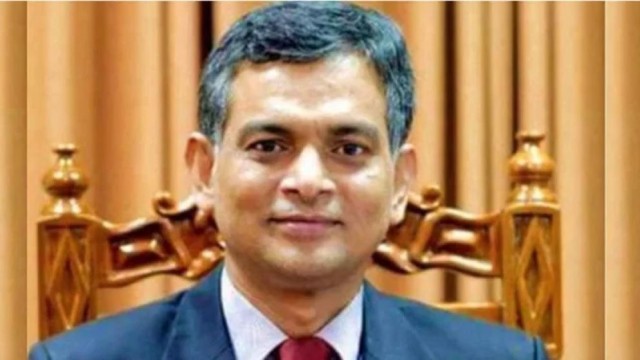
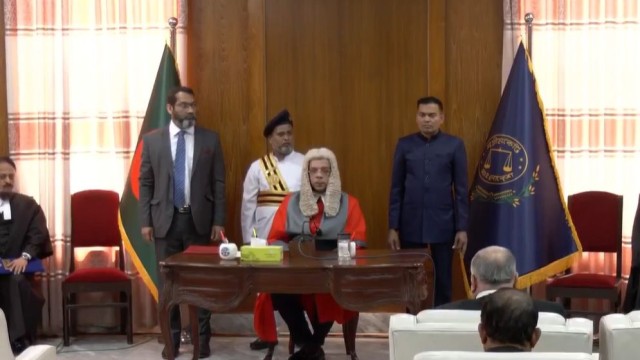


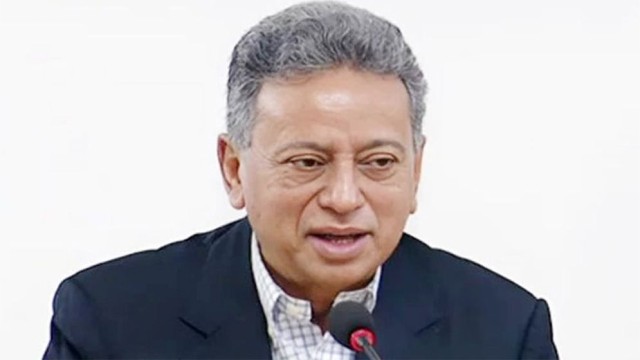
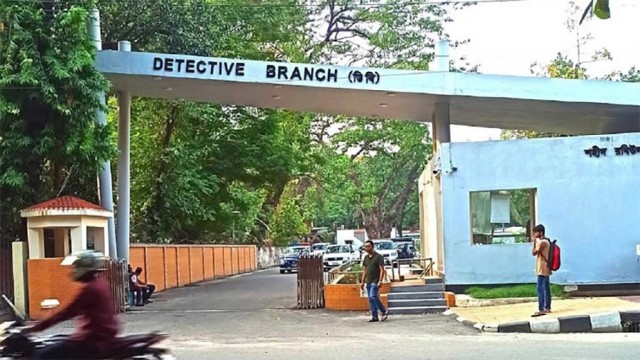


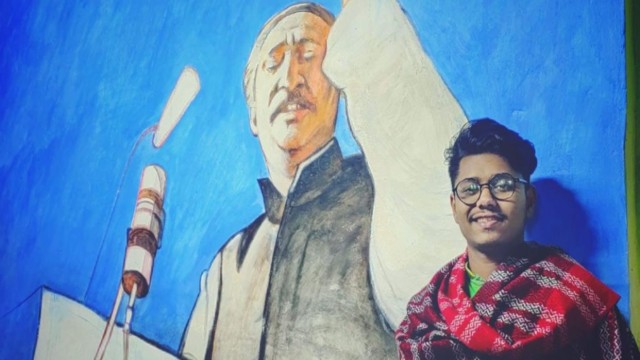
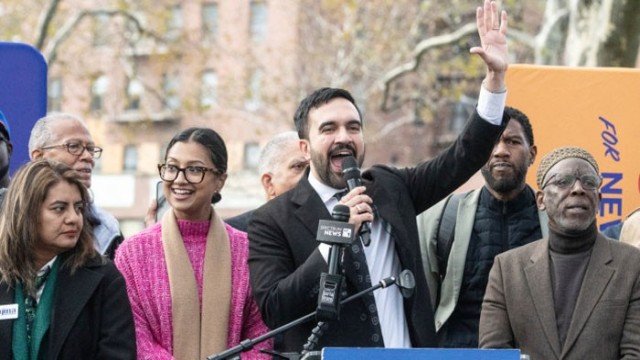



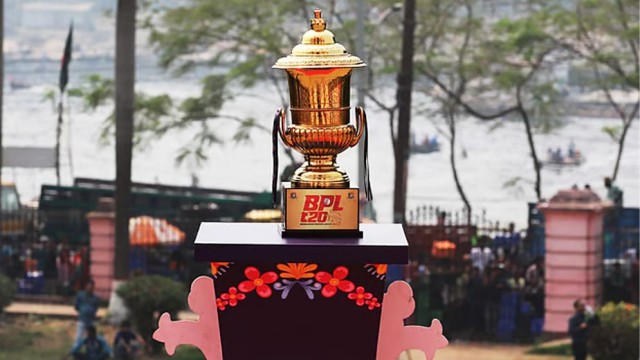

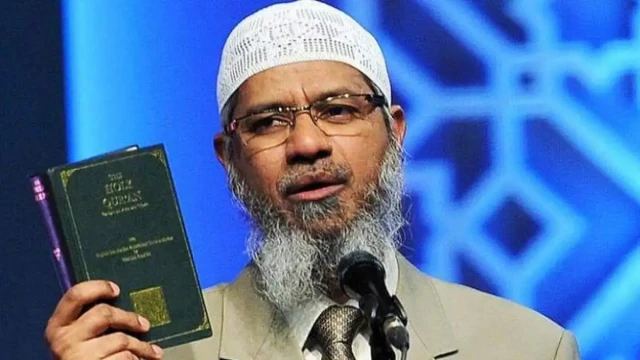
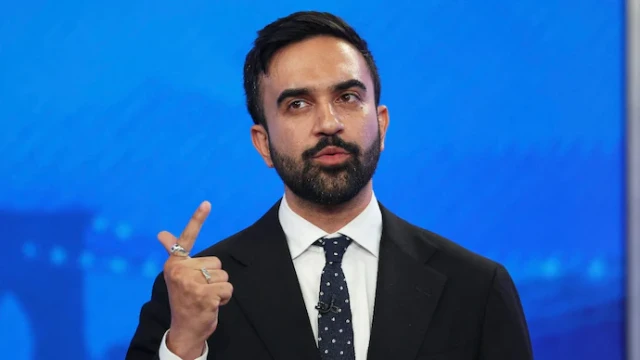
Comment: